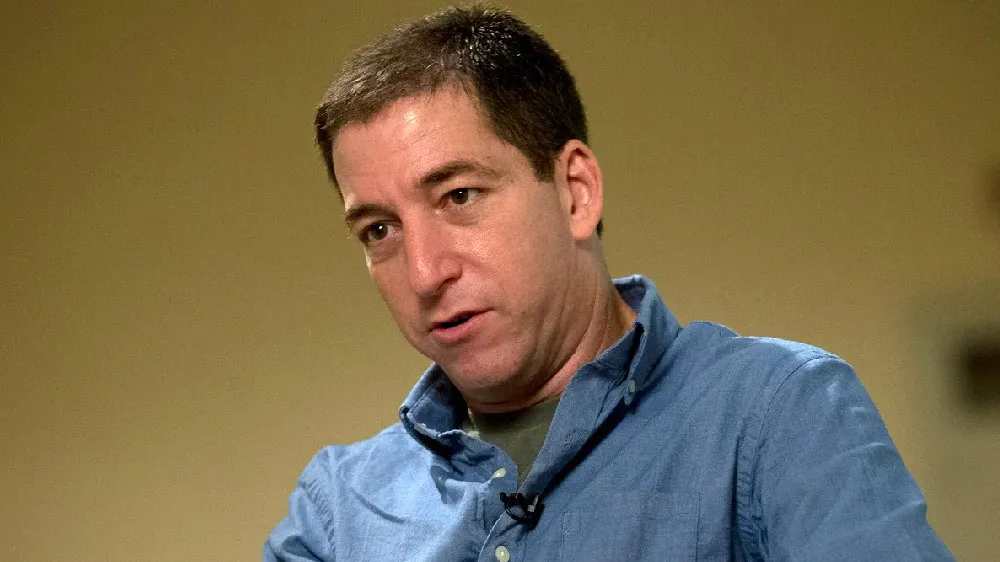December 20, 2013
Gay Marriage Supporters See Hope in Deep-Red Ind.
Jason St. Amand READ TIME: 5 MIN.
In one of the most conservative states in the nation, supporters of gay marriage are pondering the unthinkable: a victory, or at least not a loss.
A proposal to amend Indiana's constitution to ban same-sex marriage has sparked a flurry of phone banks and appeals to big-money donors as the state prepares to become a 2014 battleground on an issue that has largely been decided in other states.
Indiana is one of just four states that ban gay marriage in statute only; 29 others have constitutional bans. But none of the other states with statutory bans - Pennsylvania, West Virginia and Wyoming - face the pressure in place in Indiana, where lawmakers must approve a proposed ban and send it to voters in November unless they want to restart the process from scratch.
That the issue's fate is even in question is remarkable in Indiana, which in recent years has become a model of conservative causes ranging from school vouchers to right to work. In 2011, state lawmakers overwhelmingly voted in favor of the amendment in the first of two required votes, and with Republican supermajorities in both legislative chambers, its final passage seemed a slam-dunk.
But the tides have shifted. Voters in Maryland, Maine, Washington and Illinois have approved gay marriage, and polls have shown increasing numbers of Indiana voters oppose a constitutional ban even though most still oppose gay marriage.
"Everyone else in the country is moving toward more equality. Indiana is kind of the last stand of folks that are trying to put something like this into their constitution," said Megan Robertson, a veteran Indiana Republican operative tapped to manage Freedom Indiana, a bipartisan coalition working to block the ban.
Opponents have argued for years that the constitutional ban is unnecessary and will paint the state as intolerant and hurt businesses' efforts to recruit top talent. They're especially concerned about a provision in the proposed amendment that also bans civil unions and employee benefits for same-sex couples.
Volunteers with Freedom Indiana are staffing nightly phone banks and calling lawmakers who supported the amendment the first time in hopes of changing their minds before the Legislature reconvenes next month. Top companies including drugmaker Eli Lilly & Co. and engine-maker Cummins Inc. have contributed $100,000 each to the campaign. And a recent fundraiser featuring Mary Cheney, the daughter of former Vice President Dick Cheney who has been a vocal supporter of same-sex marriage, was sponsored by some of the state's top GOP money men, including the campaign finance chairman for Republican Gov. Mike Pence.
Phil Cooper, a 63-year-old retired bus driver from Bloomington whose adult daughter has sometimes identified as a lesbian, said he has been making phone calls for Freedom Indiana two to three times each week since September.
"It really, really troubles me to see her being singled out because of that single characteristic," he said of his daughter.
He said he is "cautiously optimistic" about blocking the amendment and said getting more information out about its effects, including the ban on employer benefits for same-sex pairs, has helped turn the momentum.
At least two lawmakers who voted for the amendment in 2011 have said they will oppose it next year. Senate Appropriations Chairman Luke Kenley, R-Noblesville, said last year that placing the ban in the constitution would not be a "productive" use of time for state lawmakers. And state Rep. Sean Eberhart, R-Shelbyville, told The Shelbyville News last month that he made a mistake in supporting the amendment last time and "to put that amendment in the constitution and to lock down generations with bigotry is wrong."
Senate President Pro Tem David Long, R-Fort Wayne, said he still supports the marriage ban but has been listening to his two sons, who oppose the measure. And while House Speaker Brian Bosma, R-Indianapolis, says he expects a vote by lawmakers on the issue next year, he notably left the issue out of the House Republican Caucus' 2014 legislative agenda.
Supporters of the amendment, who have distributed fliers about the issue to churches, contend a constitutional ban would prevent future lawmakers from changing the law. They say Freedom Indiana's business argument is a scare tactic and point to reports showing top job growth coming mostly in states that already have constitutional bans on gay marriage.
Even if national attitudes on the issue have changed, they say, Indiana residents still firmly oppose gay marriage and should be allowed to weigh in.
"The future of marriage belongs in the hands of voters," said Micah Clark, executive director of American Family Association of Indiana.
Pence, who is well-known for his social and religious conservatism, says he supports traditional marriage but has largely stayed on the sidelines.
The outcome of the debate could hinge on which side winds up with the most clout: the fledgling Freedom Indiana group, with the weight - and money - of corporate Indiana behind it, or the supporters, who have decades of lobbying experience among them and deep ties in the Statehouse to trade on.
"We don't have a half-million dollars to pour into this, like the other side does," Clark acknowledged.
The pressure Indiana Republicans feel makes sense, given that they likely face the most peril in how the issue plays out. If the amendment fails in the Legislature, incumbent Republicans could face the wrath of conservatives in the May primaries. And if the issue makes it to the ballot, it has the potential to rev up the Democratic base in November's general election in a way that could ripple up and down the ticket.


